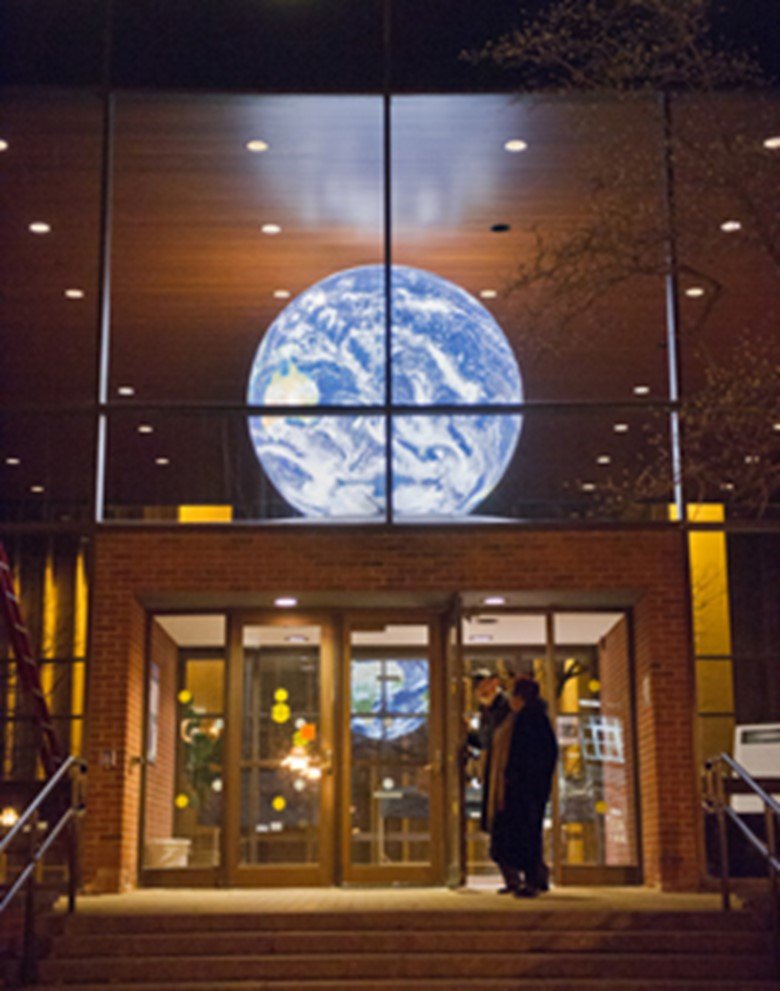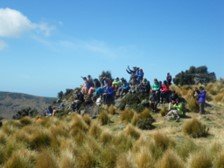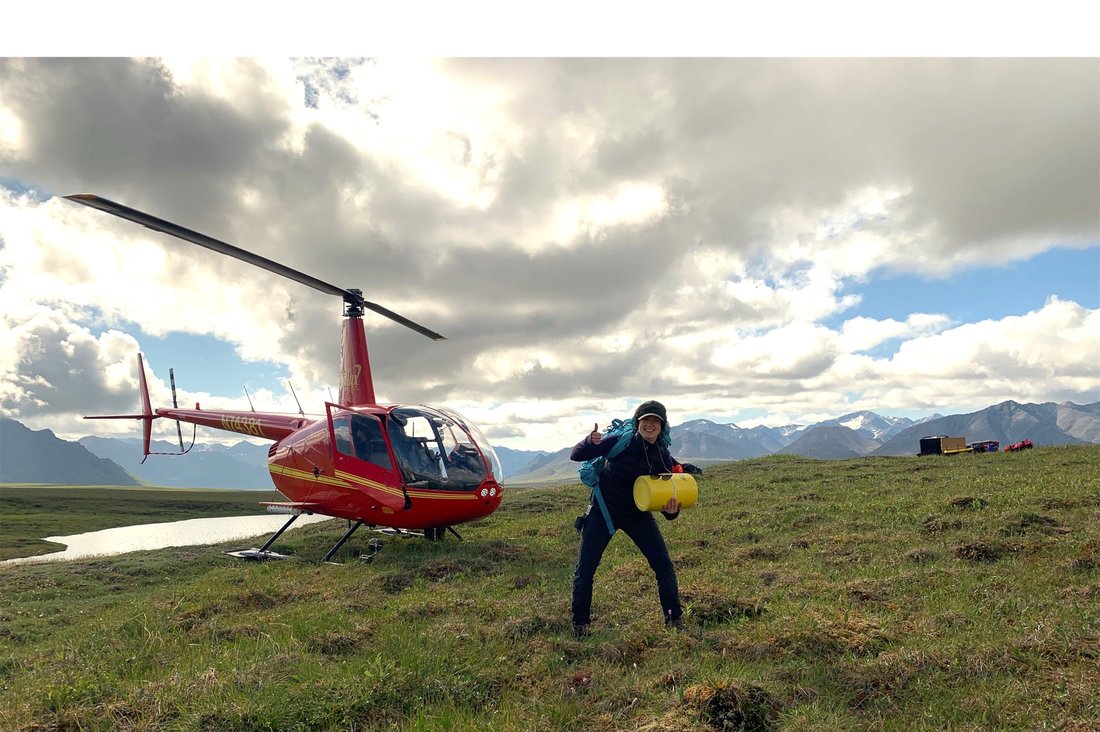
College of Arts and Sciences
Curriculum
The major’s foundation includes courses in chemistry, biology and math; core courses in environmental geosciences, plus skill-based courses in field methods and data analysis. Subsequent, upper-level courses span three major areas within the field: environmental data analysis, surface processes and climate and energy.
- Explain process-based linkages connecting lithosphere, climate, water and life as illustrated by the Earth system over time.
- Analyze and interpret general patterns in the history of the Earth-life system using geological records.
- Describe local and global patterns of climate change and understand both spatial and temporal drivers of the climate system.
- Infer Earth surface processes and environments and characterize ecosystem properties from field, lab and data-driven observations of sedimentary systems.
- Use analytical, remote sensing and/or numerical tools to characterize hydrologic systems in the surface and/or subsurface.
- Effectively synthesize published literature related to Earth and environmental sciences in a written report and/or a data product.
- Develop written and verbal communication skills required to effectively convey science to a wide range of audiences.
- History of Earth and Life
- Environmental Aqueous Geochemistry
- Earth Science of Energy
- Hydrogeology
- Applications of GIS in Earth Sciences
Extracurricular Opportunities
Heroy Geology Laboratory
Dedicated spaces on campus, including the Heroy Geology Laboratory, offer state-of-the art laboratory and computing facilities that allow for sophisticated analytical and numerical study of Earth systems.

K.D. Nelson Lecture Series
Almost every week, attend a lecture by a visiting scientist as part of the Department of Earth and Environmental Sciences’ lecture series. This will often provide insights into the kinds of research and developments that are at the cutting edge of environmental geoscience.
Frontiers Abroad: Earth Science
Spend a semester abroad in New Zealand with either a geological or environmental focus. Participate in a five- to six-week field camp and take four courses at the University of Canterbury in Christchurch, New Zealand. One of those courses will be a research methods course, using data collected during your field experience.

Learn more about this program

